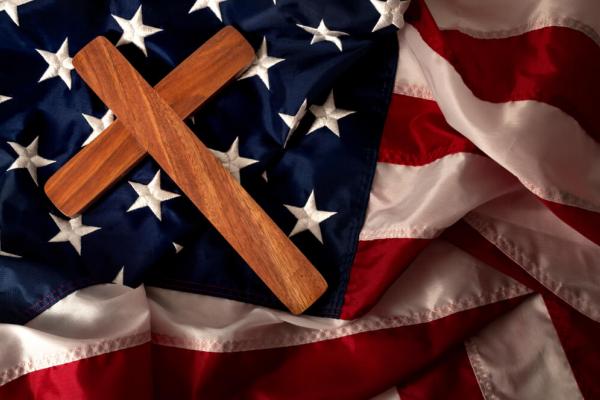Nov 14, 2019
People of faith outside conservatism have taken up the fight for religious freedom in a wide variety of contexts.
Read the Full Article

Already a subscriber? Login

People of faith outside conservatism have taken up the fight for religious freedom in a wide variety of contexts.
